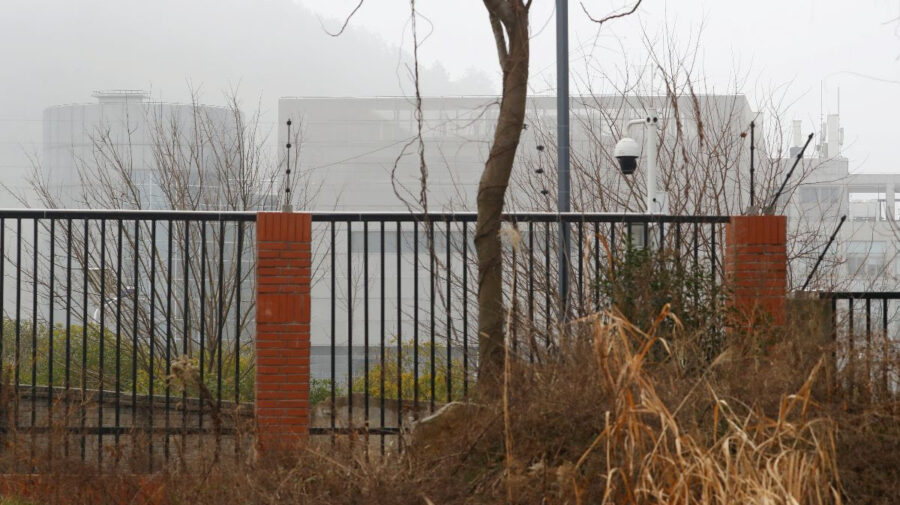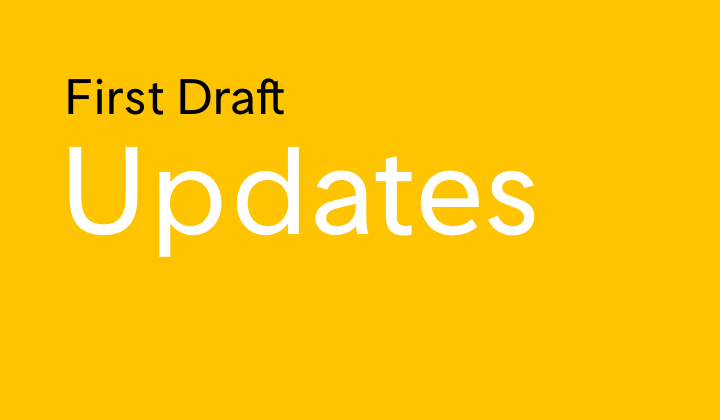The debate over the “lab leak” theory on Covid-19’s origins has been reignited. On Sunday, The Wall Street Journal reported that three workers at China’s Wuhan Institute of Virology sought hospital care in November 2019 for respiratory illnesses. While the report provided a few details on what was already known about the workers’ alleged illnesses, promoters of disinformation are using the article to push unverified or false narratives about the pandemic.
As the Journal article noted, the US State Department had already published a fact sheet on January 15 that said it had “reason to believe” that several researchers at the Wuhan lab became sick “with symptoms consistent with both COVID-19 and common seasonal illnesses.” And in March, a World Health Organization adviser told NBC that workers at the lab became sick in the autumn of 2019, which she attributed to a seasonal illness, not Covid-19. The Journal’s May 23 article also noted a crucial piece of context also pointed out by some China experts: It’s common there to seek primary care at hospitals rather than clinics or family physicians, meaning that visiting a hospital is not a decisive sign of severe illness.
Ignoring that context, several influential figures treated the Journal article as a smoking gun. George Papadopoulos, a former adviser to Donald Trump, said in a tweet shared at least 4,300 times that “it has been confirmed that COVID emerged out of the Wuhan lab in China.” Jordan Schachtel, a self-described “independent journalist” with over 115,000 Twitter followers, tweeted, “How could Moderna+BioNtech have vax candidate ready to go within days of 1st case? Plausible theory: they knew everything about virus bc China+NIH already studying it,” baselessly suggesting that the mRNA-based Covid-19 vaccines were conspiratorially developed with the help of the Chinese government. And some drew links between the US stolen-election myth and the “lab leak” hypothesis, including one verified user identified as a physician who said, “Covid was created in a Chinese lab, and used by Democrats to sabotage the reelection of the President with a tough Chinese stance.”
Although a March report written jointly by the WHO and Chinese scientists did not rule out the “lab-leak” hypothesis, the global health body said it was “extremely unlikely” and that the most likely cause of Covid-19 was zoonotic. But as Glenn Kessler, editor of The Washington Post’s The Fact Checker, wrote today, “A lack of transparency by China and renewed attention to the activities of the Wuhan lab have led some scientists to say they were too quick to discount a possible link at first.” — Keenan Chen






